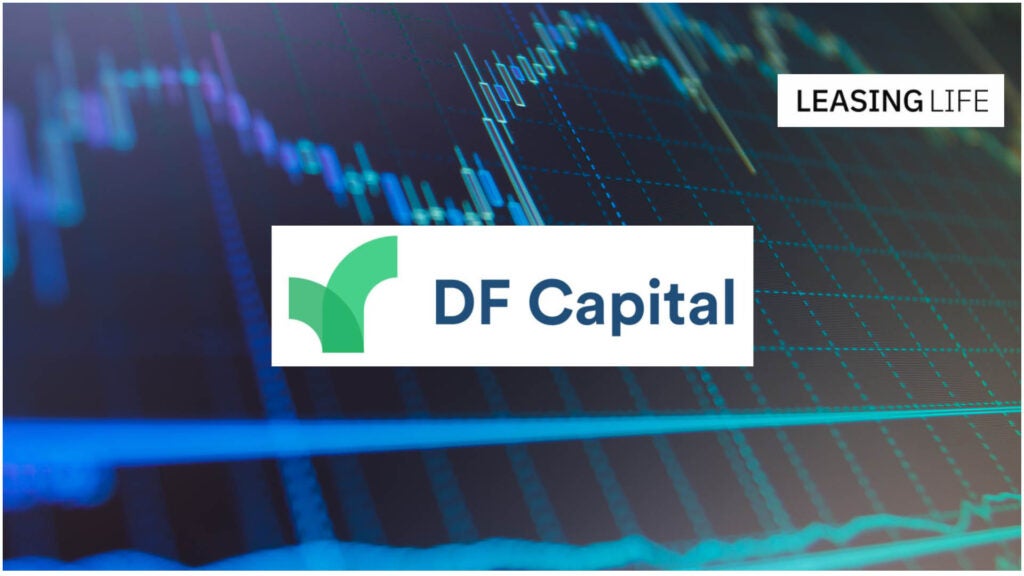With forecasts varying and the current picture inconclusive, Robin Goddard, head of sales at HH Cashflow Finance, looks at how the UK’s exit from the EU may benefit the alternative funding market.
The alternative finance market has continued to grow this year, with invoice finance breaking the £20bn barrier for the first time in the UK.
The rise of invoice finance appears to be largely driven by bigger businesses, which are turning to flexible forms of lending traditionally associated with SMEs.
Invoice finance has been on the up since the credit crunch of 2008. Notably, the amount of invoice finance and asset-based lending secured by UK businesses has increased by 27% in the last five years, up from £16bn in 2011/12.
The last 12 months have also seen an 18% increase in the amount of alternative finance drawn down by businesses with a turnover above £100m, up from £5.8bn to £6.9bn.
Now, following the Brexit vote, it seems the industry could win an even greater share of the market.
The economic uncertainty presented by the outcome of the EU referendum has meant large businesses are increasingly looking to diversify funding sources away from traditional loans. Businesses of all sizes want to minimise their risk and avoid over-reliance on any one type of funding.
How well do you really know your competitors?
Access the most comprehensive Company Profiles on the market, powered by GlobalData. Save hours of research. Gain competitive edge.

Thank you!
Your download email will arrive shortly
Not ready to buy yet? Download a free sample
We are confident about the unique quality of our Company Profiles. However, we want you to make the most beneficial decision for your business, so we offer a free sample that you can download by submitting the below form
By GlobalDataWhile the immediate economic turmoil predicted by some has not materialised, it is impossible to know exactly what wider economic repercussions Brexit may have over the next five to ten years.
Chancellor Philip Hammond has dropped his predecessor George Osborne’s plan to get the UK finances into surplus by 2020, warning of “turbulence” ahead for the UK economy.
However, according to the Federation for Small Businesses (FSB), there is little sign of the economy suffering so far, despite a decline in confidence among small businesses.
Interestingly, Markit/CIPS’s August survey also demonstrated resilience, with a record rise in the UK’s services sector – which accounts for more than three-quarters of the economy.
In light of uncertain predictions, general UK growth forecasts for next year have been revised down.
The Organisation for Economic Co-operation and Development (OECD) recently halved its forecast for 2017 from 2% to 1%, explaining that: “Uncertainty about the future path of policy and the reaction of the economy remains very high and risks remain to the downside.”
Uncertainty in the economy has also raised concerns in areas that are more heavily dependent on consumer confidence (such as peer-to-peer lending). As a result, the FCA is reviewing whether investors need more consumer protection.
There are also concerns that the banks will tighten their lending criteria due to Brexit, though the government has put measures in place to try and prevent this.
So, in such a climate, it is highly likely that businesses will look to diversify their funding facilities, which could present an opportunity to the independent and alternative finance providers.
Certainly, invoice finance can be particularly attractive for many businesses facing uphill struggles with late payments. The average SME waiting time is now more than 70 days, and it is not uncommon to wait up to 100 days.
Since large businesses often have so much capital tied up in invoices, they may have an even greater need to protect their cash flow and easily free up working capital in the form of invoice finance.
Ultimately, the changing financial landscape is highlighting that both SMEs and big businesses need lenders they can trust and rely on to support them through a potentially turbulent period.
It is likely that the established independent lenders, with robust funding and liquidity levels, may become more important than ever.
Alternative finance providers that take steps to ensure that UK Plc continues to thrive post Brexit could soon see a lot more business






